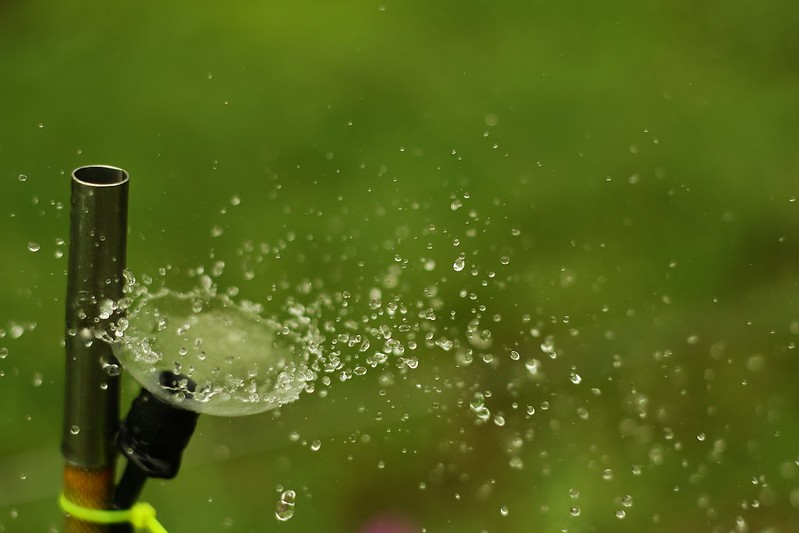How to Fix Low Water Pressure & How to Avoid it in Future?
What are the Causes of Low Water Pressure in Derby?

A common question asked by people who are trying to avoid low water pressure is how it happens and how they can prevent it. No matter where you live, the problem of low water pressure is not difficult to fix.
The two main factors that cause your water flow to decline are the size of your pipes and how far they are from the house. The best way to prevent low water pressures is by making sure that both of these factors don’t increase while you’re working on them.
Tips on how to fix low water pressure:
– Install a hose bib at the base of your A/C unit so that you can use cold water instead of hot, which will reduce damage and extend its life.
– Check for leaks near where the pipes enter or exit the house.
– If you have a spring or well nearby, contact a plumber about installing a booster pump in one or both lines, depending on what’s available near where your house is.
– If you have a second, unmetered line nearby, eliminate the booster pump and run only the first line.
Tips on How to Prevent Low Water Pressure
Low water pressure can be caused by a build-up of lime, sediment or scale deposits as well as old heating pipes, and/or corrosion. There are also many other causes. Starting with, silt and sediment in rivers, blocked water pipes, reduced flow due to man-made obstructions, and poorly located hot-water outlets.
The causes of low water pressure may vary from location to location. Not just because there are so many factors that contribute to low flow. Also, because different types of plumbing systems operate differently throughout a space.
The main cause of unbalanced pressure is an accumulation of sediment, which is the most common cause in all modern homes. Water molecules become more concentrated when they move through pipes made from materials such as metal or concrete. In these cases, the buildup of minerals like calcium carbonate can eventually lead to problems with clogging or decay.
Fix a Leaky Tap or Appliance Causing Low Water Pressure
I have a leaky tap, but it doesn’t seem to be dripped on the floor. What should I do?
Leaking taps and appliances can lead to a decrease in water pressure. There could be a number of problems that cause this, like a clogged line, or something in your home that causes the water pressure to go down. To fix this, it is important to repair the leak-causing problem first before you try fixing the pressure problem.
At home, you can fix this issue. Checking your water meter and installing an aerator on your faucet if needed. Finally, waiting for more than 24 hours before checking your water pressure again. So that it becomes stable enough for testing will help as well.
How do I Tell if my House is Leaking?
Most of the time, homeowners think that their house is leaking if they see bubbling or foamy water in their sink or bathtub. And many also think that there’s a leak when seeing mold on the walls. However, there are other tell-tale signs of a possible leak that require closer inspection and follow-up investigation on your part.
Here are some signs that your house might be leaking:
- There’s always water in your bathtub or sink, even when you have only used it once;
- Water leaks into your basement;
- You hear something constantly running at night outside (just like noise from a dripping faucet);
- You have to buy more toilet paper than usual;
- There’s standing water outside, even during dry season (in areas with high humidity);
- The smell of rotten eggs is in the air.
Emergency Plumber in Derby
During an emergency, you want your plumber to be on their game. The faster they arrive, the easier it is to get the situation under control and the quicker you can get back to work. A plumber in Derby will also help prevent further damage by fixing the pipes before something goes wrong.
Contact an emergency plumber in Derby today!
